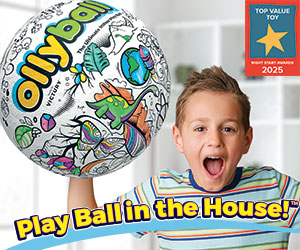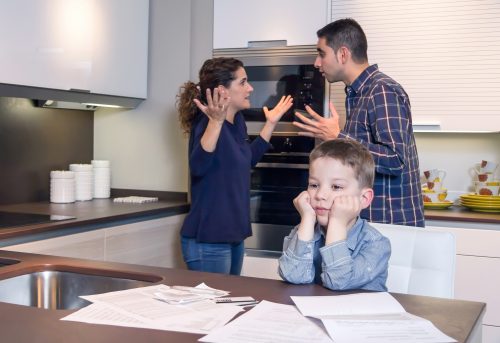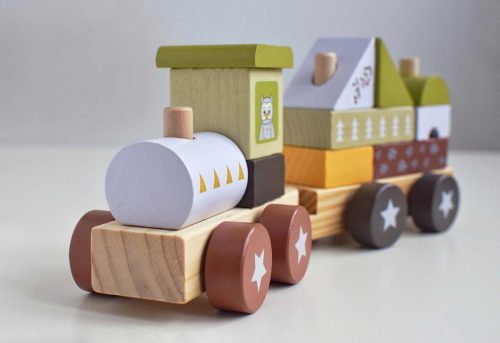1. Talk and read about school
Chatting about what happens at school can create a positive
impression of what lies ahead and help your children express any worries
they might have. Discuss (happy) memories of your own school days and
read school-based stories together.
2. Make a visit
Many primaries offer settling-in sessions, so new pupils can get
familiar with the teachers, classroom and playground. If possible, do
attend these – they’ll make your child feel more at ease. If nothing
else, drive or walk past the school now and then, pointing out alluring
features such as the playground equipment.
3. Get to know future classmates
Ask around locally and see if you can find a future classmate your
child could meet with, especially if they aren’t moving up with a gang
of buddies from nursery. Invite the child to a picnic or for games in
the garden, Just one familiar face could help your child feel more
comfortable on the first day.
4. Step up social skills
Ask reception teachers what they’d like new charges to be able to do:
chances are that social skills will come before reading or writing in
the early days! Following instructions, sitting still for
age-appropriate amounts of time and sharing/ taking turns are all
important ingredients of a happy reception classroom. Practice
turn-taking and listening at home
5. Boost ‘self-care’ basics
If children can go to the loo independently and clean themselves up
afterwards (including washing hands properly), change for PE, and eat
with cutlery, they’ll cope better at school. Over the summer, focus on
improving these skills, as well as getting their own socks and shoes on
(choose shoes with Velcro not laces), and ideally also doing up zips and
buttons.
6. Don’t stress about academics
What kids can do academically at this stage varies greatly – some
will be able to read and add up, others won’t recognise a single letter
or number yet. Children arrive in reception at many different stages and
teachers are very used to catering for this variation.
7. Focus on play and learn
If you do want to work on the basics that form the foundations for
reading, writing and maths, the best way is by integrating them into
your everyday activities. Recognising and writing letters are stepping
stones for learning in the first year of school. Reading together is
unbeatable and you could point out letter sounds in simple words, in
storybooks, on billboards and shop signs or even food packaging.
8. Knowing their names
Recognising their name helps children to find their coat peg, drawer
and belongings more easily. You could encourage children to try to add
their name to their latest masterpiece when drawing or painting, to help
familiarise them. Label all belongings that go to school, such as water
bottles and shoes, to reduce the chance of them getting lost.
9. Address any worries
A few days beforehand, go over with your child what to expect. Check
that children understand roughly what will happen on the first day and
listen out for any misunderstandings or worries. Remind them of how they
should ask to go to the loo if needed, plus lunch and picking up
arrangements. If you haven’t already done so, now’s the time to confirm
where and when to drop children off and whether you’re expected/ allowed
to accompany them into the classroom. Perhaps have a trial run of the
journey to see how long it takes and where to park if you’re driving. It
can help to make a checklist of things to remember on the first
morning.
10. On the big day
Leave plenty of time on the morning! If you’re running late and
you’re stressed, or you can’t find parking or the right entrance to the
school, this won’t help your child remain relaxed. Leave a few minutes
earlier than necessary just in case. A quick hug, kiss and a cheery bye
and ‘have a great time, see you later’ works best for most children,
rather than a prolonged farewell and fuss. If they’re not used to being
apart from you, it can be nice to give them a ‘kiss’ to keep in their
pocket to ‘grab’ if they’re feeling sad. Once you’ve waved them off, try
not to cry, put your worries aside and make the most of this first day
of a new stage in your lives.












